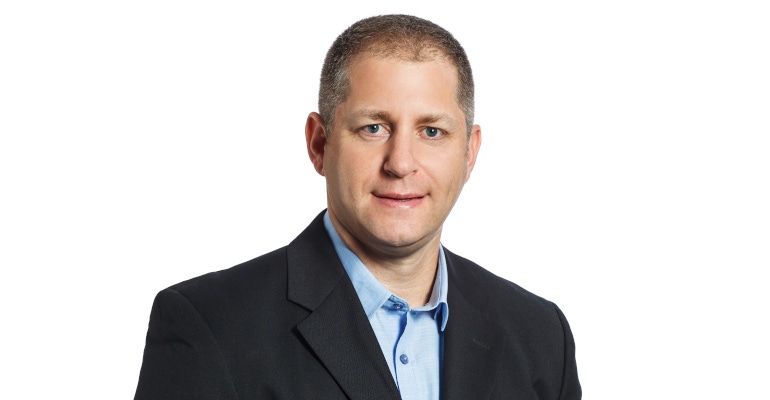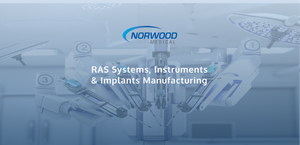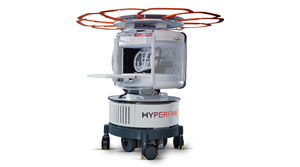BIOMEDigital Keynote Speaker Harel Gadot discusses the potential of surgical robotics in the session, “Surgical Robotics 5.0: The Future of Robotics in Healthcare.”
November 4, 2020

With world attention placed on the medtech industry for COVID-19 relief, the industry is developing a wide variety of digital health solutions from wearables to surgical robotics to treat patients. BIOMEDigital, taking place online November 4 and 5, features sessions spotlighting all things digital health. Notably, the area of surgical robotics is seeing heightened interest and is anticipated to reach $884.5 million in 2030 during the forecast period 2020-2030 primarily given increased prevalence of chronic disorders.
At BIOMEDigital, executives, designers, and all medtech professionals of all professional levels have the opportunity to digitally network and engage through two days of expert-led content across five tracks spanning sessions, industry trends, case studies, panel discussions, and interactive virtual sourcing in the only medtech virtual expo hall featuring 50+ leading medtech companies innovating the field today. Many sessions will also be available on demand after the event, including the keynote from Harel Gadot, company group chairman at MEDX Ventures Group LLC; founder, executive chairman and president of XACT Robotics; and co-founder, CEO, president, and chairman of Microbot Medical Inc.
MD+DI asked Gadot about the growth and potential of surgical robotics and his Nov. 4 keynote session, “Surgical Robotics 5.0: The Future of Robotics in Healthcare,” now available on demand.
As the keynote speaker for BIOMEDigital addressing surgical robotics, could you tease key points from your presentation?
Gadot: We all get on airplanes (well, pre-COVID-19) and never once think about the fact that a robot (the automated pilot is flying us). Not the passengers, not the pilots, even the FAA accepted this. So why isn’t surgical robotics widely accepted?
During my keynote presentation we will review the history of surgical robotics, how they got to where they are today, and what the future should hold. To get the automation of surgical robotics to be as accepted as the automated pilot in the aviation space.
We will review the multiple opportunities that already exist, such as imaging, AI, deep learning, and how they will contribute to the future of surgical robotics. Last but not least, we will discuss the role of the surgeons in the era of surgical robotics, especially how they will have the opportunity to enhance their skills by accepting surgical robotics.
What’s the growing role of medical investment in furthering surgical robotic adoption?
Gadot: Surgical robotics will continue to require heavy capital investments, not only for research and development but also for professional education and clinical support. Investments in adjacent areas such as AI, deep learning, imaging, etc. will play a major role in how surgical robotics will become a natural part of the surgical suite.
Any new products that feed into the future of surgical robotics and how they will play into this rapidly evolving landscape?
Gadot: Improvement in imaging and new imaging modalities, artificial intelligence as well as deep learning, will all play an instrumental role in the future development of surgical robotics, with the aim to become more precise, smaller and eventually autonomous.
Other areas that will have major influence on the growth, access, and adoption of surgical robotics will be the next-generation communication capabilities, such as 5G, as it will enable remote procedures. These are extremely important as we look to globalize surgical robotics and assist with enhancing the skills of the physicians; Ideally in a post COVID world more healthcare systems will become focused on reducing cross-contamination, not only for patients but also for the surgical staff, this is where remote operations will play a critical role. Another area that will become of high importance is the medical cybersecurity space, especially as we get into more sophisticated and autonomous systems.
BIOMEDigital is free to attend. Registration is available here.
About the Author(s)
You May Also Like


